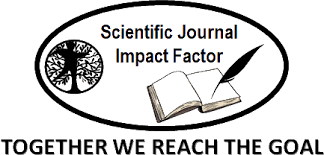Analysis of Sustainable Development 2008 report of PT Holcim indonesia Tbk Based on Indicator Protocols of Global Reporting Initiative and Key Performance Indicators of Cement Sustainability Initiative
Abstract
The existence of company will give both good impact and bad impact. For the good impact, company can be a tool to help society to fulfill their necessity. In twentieth century, myriad of industrial company give bad impact on their existence. They don’t care with natural resources they use to provide something to consumers or don't consider employee, environment, consumers, or community as significant thing to sustain their business. The companies just take natural resources as many as they need to  process for their economic activities without doing anything to keep or make renewable natural resources. As for environment, there are many environmental destruction happening since the companies neglect their surroundings. They only care for their own benefit.
As a result, from the economic activities, companies provide externalities (Gray et al, 1996, pg. 1) -  consequences of economic activity which are not reflected the cost borne by the individual or organization enjoying the benefit of the activity) as impact of their activities. Many externalities make society affected by the impact. Society claims to get the companies contribute to surrounding environment where the companies are established. Many cases show that the existence of company can make environmental destruction. For example: PT. Lapindo Brantas on their case of hot mud. The other cases are Newmont Minahasa Raya on Buyat Bay and PT. Freeport on Papua.Downloads
How to Cite
Issue
Section
License
The copyright of the received article shall be assigned to the journal as the publisher of the journal. The intended copyright includes the right to publish the article in various forms (including reprints). The journal maintains the publishing rights to the published articles.












